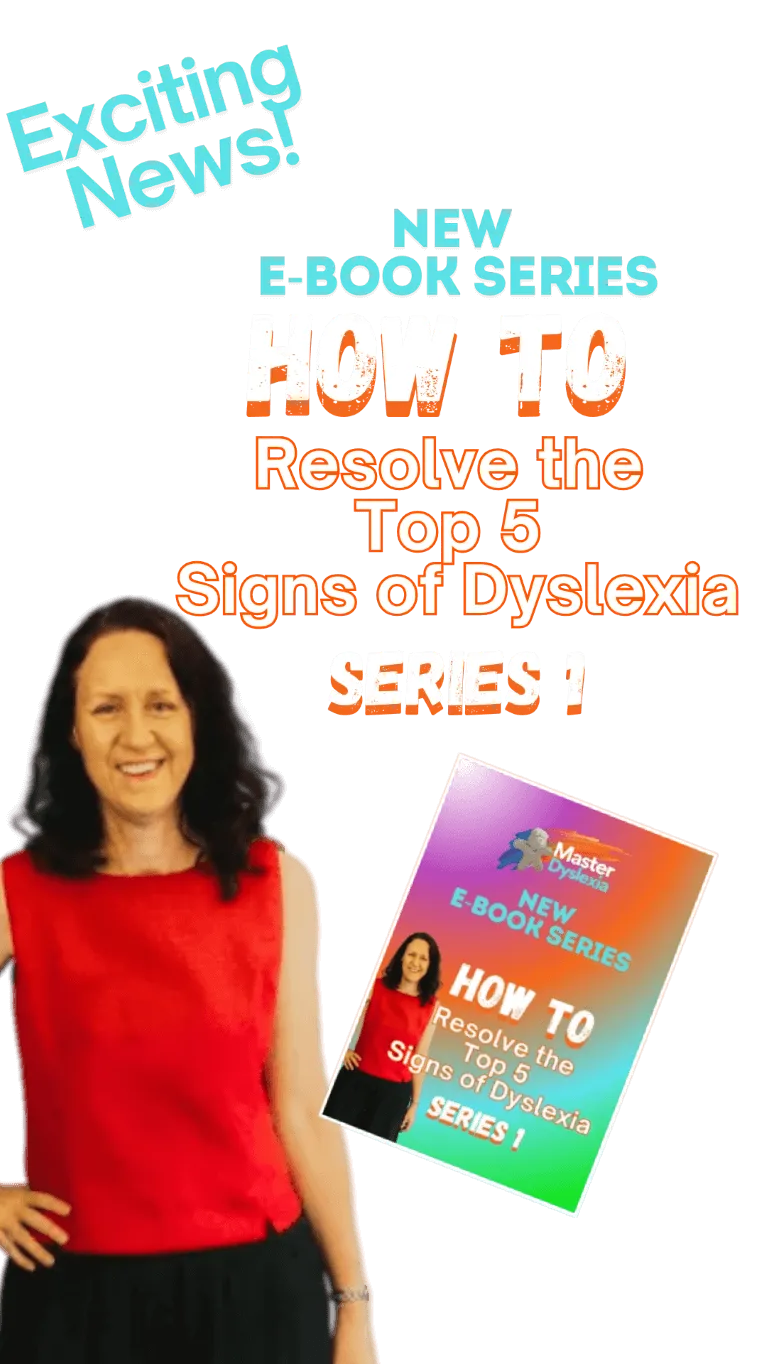Dyslexia Education as an Access to a World of Belonging
Up to 20 percent – or one in five people are diagnosed with reading dyslexia. The actual prevalence of dyslexia is likely much higher. Professor Karen Waldie from the School of Psychology at Auckland University in New Zealand notes that many children with neurodiverse brains, especially girls, who more successfully mask their issues, miss being diagnosed in school. This journal article explores how dyslexia and related neurodiversities are often found at the heart of a significant number of people’s difficulties with learning, achievement of academic qualifications, and successful career attainment and progression. Consequent impacts on people’s participation and success in many aspects of life, including their sense of belonging, are considered. Opportunities for effectively remediating the negative impacts of dyslexia, together with fostering the gifts and talents that come with such conditions, are explored. Possibilities for creating greater belonging and opportunities for contribution for people with neurodiverse brains through greater awareness and funding for remediation programs are discussed.




